COVID-19 'long-haulers' trying to decode lasting symptoms a year after falling ill
One man who had COVID-19 in March 2020 still undergoes dialysis weekly.
Shayna Zweiback is a survivor of the coronavirus. After contracting the viral infection in March last year, she was sick for weeks. Then, just as she thought she was starting to feel better in May, she says she began experiencing new symptoms.
“All of a sudden, later into June, early July, I just had a slew of new symptoms … namely severe muscle pain,” Zweiback told “Nightline.” “I had body aches during COVID, but [this was] just severe muscle pain to the point that some days I didn’t feel like I could walk. My legs hurt so bad, back pain that was so bad I couldn’t get out of bed.”
Months after Zweiback’s initial diagnosis, the 26-year-old found herself at the Mount Sinai Center for post-COVID Care, where she underwent tests and treatments for symptoms that persisted after the infection had gone away. Zweiback said the center for so-called COVID-19 “long haulers” has been “life-changing.”

“I felt like no one was taking me seriously before, and because there was no … historical medical evidence of COVID long haul, I just didn’t feel like I ever had a voice that people would listen to,” Zweiback said.
For Zweiback, who still experiences these symptoms, a good day now comprises being able to walk down the block without having to recover afterward and not having to nap midday.
“It’s tiny victories for me at this point,” she said.
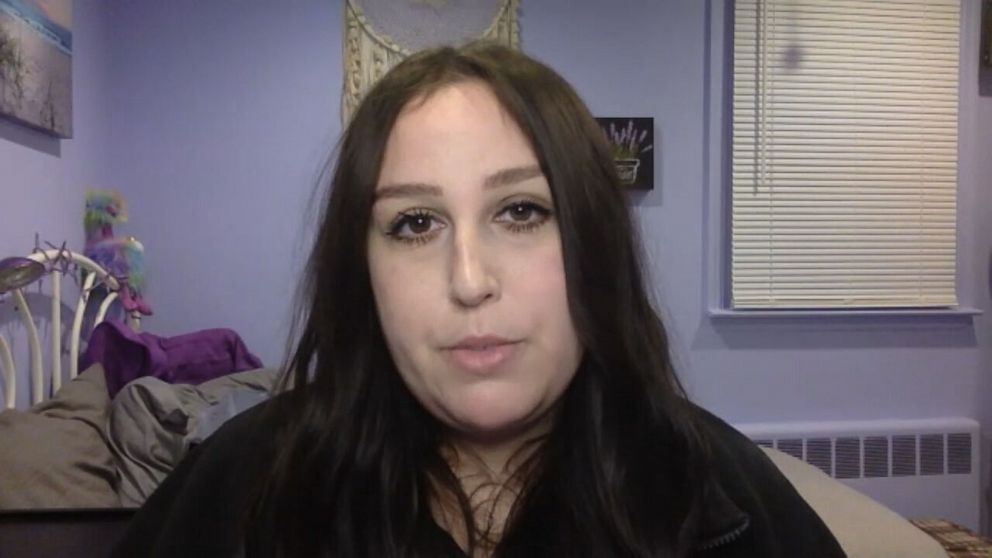
In the United States, there have been over 25 million COVID-19 cases since it first reached the country last year. Zweiback is one of the estimated 10% of COVID-19 patients who experience long-term symptoms after contracting the virus.
Dr. Dayna McCarthy, a rehab physician at Mount Sinai’s Center for post-COVID Care, says it’s “impossible” to name all of the body systems affected by the virus that go on to have long-term symptoms. She said the medical term for these patients’ condition is post-acute COVID-19 syndrome and that symptoms can include fatigue, headaches, cognitive dysfunction, exercise intolerance, shortness of breath on exertion and feelings of temperature irregularity.
Shaun Evans is another long-hauler. The 40-year-old father of two from Cartersville, Georgia, who had high blood pressure and diabetes before his COVID-19 diagnosis last March, said the virus attacked his lungs and kidneys.
“It got so bad that I couldn’t even walk. I had all kinds of coughing. I would try to lay down at night; it just got to where I couldn’t breathe, [I’d] have coughing spells. … I lost my taste of smell,” Evans said, adding that when he went to the hospital, the main issue was that his lungs had shut down.
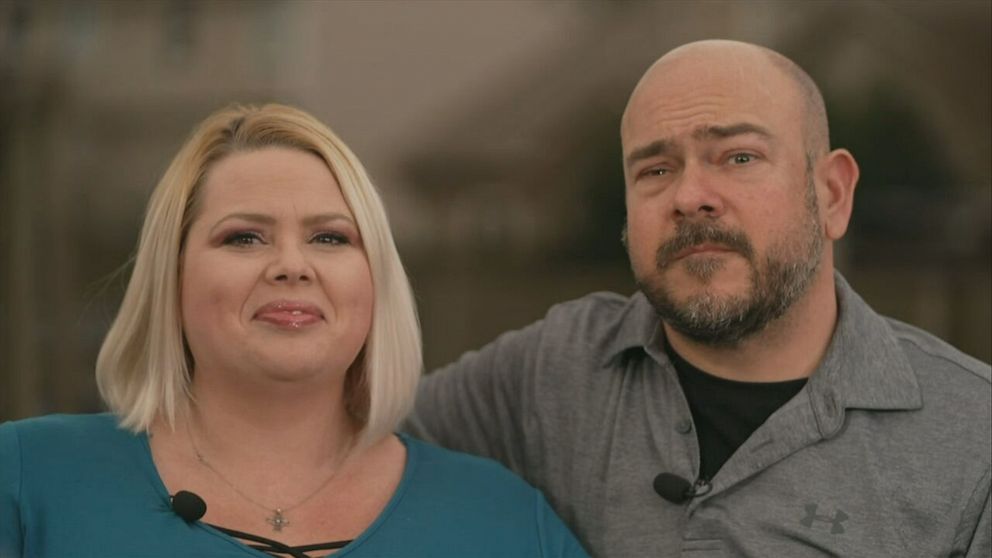
Today, nearly a year after getting the virus, he must undergo dialysis three times a week -- an exhausting four-hour-long process each time -- and is waiting for a kidney transplant.
“Dialysis is really hard on your body,” Evans told “Nightline.” “Sometimes, if they take too much fluid out of you, it can cause you to feel dizzy like you’re going to pass out -- nausea -- and one of the worst things is muscle cramps. It’s something I’ve never felt before until dialysis. … Some of them have brought me to tears.”
“I will never be the same,” Evans went on to say. “Even once I get a kidney, even with a transplant, they only last about 15 or 20 years if someone were to donate a live kidney.”
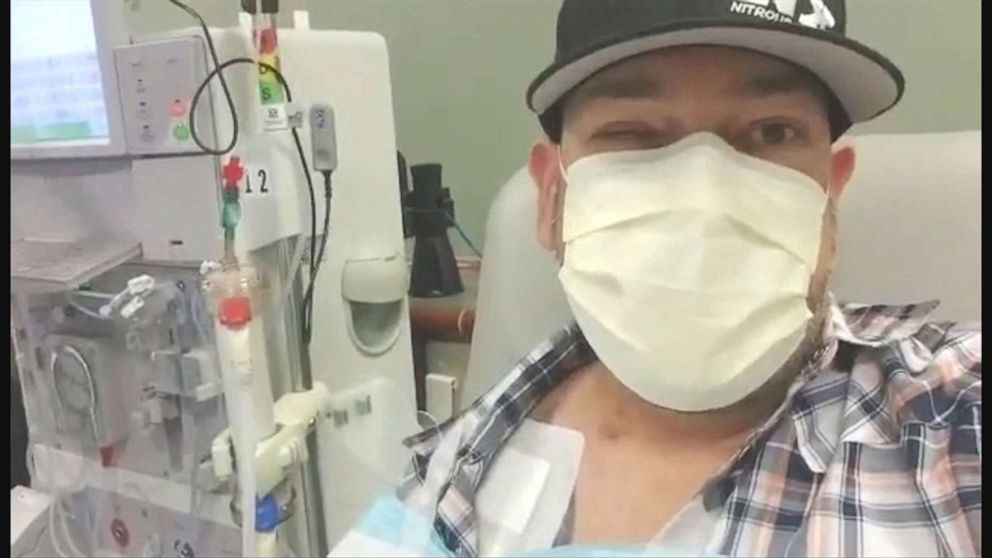
As researchers continue to study the long-term effects of COVID-19 and build data, one study from October 2020 found that approximately 40% of COVID-19 patients reported acute kidney injury. While the data varies widely, another study reported a high recovery rate, finding that 84% of survivors fully regained kidney function.
The full scope of the virus’ long-term effects still remains unknown. Because of this, some people, like former COVID-19 patient Diana Berrent, are working to ensure there is accurate, up-to-date data on the virus available.
Like Evans and Zweiback, Berrent also came down with COVID-19 last March, when she says she experienced pressure in her chest, high fever and other symptoms.
“I just knew it. Even though the first person in all of New York City had only been diagnosed 12 days earlier, I knew that this was it,” she told “Nightline.”
As she quarantined, Berrent realized the lack of available information about the virus and began recording video diaries of her experience in an effort to educate others. As her following grew, she was inspired to launch Survivor Corps, a nonprofit dedicated to crowdsourcing information from its members about the virus.
Berrent said the nonprofit’s goal was to collect data on what she called “the Tylenol and Gatorade variety” of COVID-19 patients -- those whose symptoms were not severe enough to be hospitalized, who recovered from their home.
“As a result, we ended up sitting on the largest data set of non-hospitalized patients in the world,” she said.
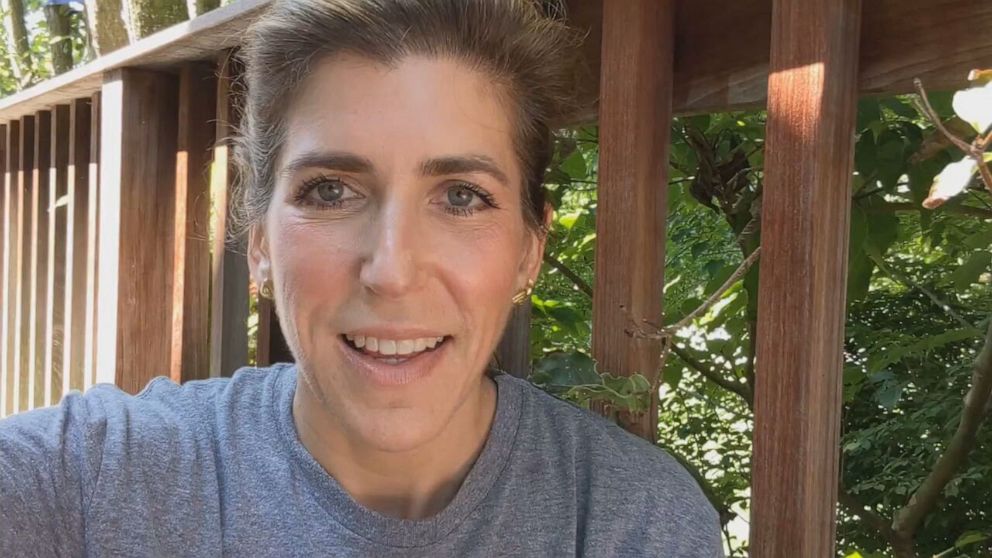
Berrent hopes the data her organization collects will help other COVID-19 long-haulers.
“We are designing what we think is a template for best practices to create a foundation for a pathway to recovery for what a post-COVID care center should look like -- what works, what doesn’t,” she said.
Despite a growing number of COVID-19 patients struggling with the virus’ long-term effects, there are still 19 states without centers for post-COVID-19 care, according to Survivor Corps.
McCarthy, who works at Mount Sinai’s center in New York City, says that “the health burden that we’re going to face because of individuals that are requiring so much care with this condition is enormous.”
McCarthy herself was diagnosed with COVID-19 in March last year, and still experiences residual symptoms of the virus.
“Every time I try to exercise, I get crushing fatigue and very severe headaches. … I do feel fortunate because I am treating so many patients and the symptomology is so vast and the spectrum of severity so bad,” she said.
Post-COVID-19 care centers like Mount Sinai’s have been tremendously helpful for long-haulers, McCarthy said, some of whom weren’t sure what to think about their persistent symptoms, like Zweiback.
“At the beginning, we were still in the height of the pandemic in New York and so many [were] still being hospitalized,” she said. “But the people who weren’t were kind of left to their own devices, and normally where they would have gotten care … or may even have been hospitalized in other circumstances, [they] had to stay home and self-isolate.”
“So, from the outset, they were not having access to care, and when these symptoms kind of were prolonged and they would go in and they would have workups … and things were coming back negative, they were getting sent home from the emergency department, their primary care [provider] didn’t know what to do with them. … and it became this rhetoric of ‘it’s all in your head,’ unfortunately.”
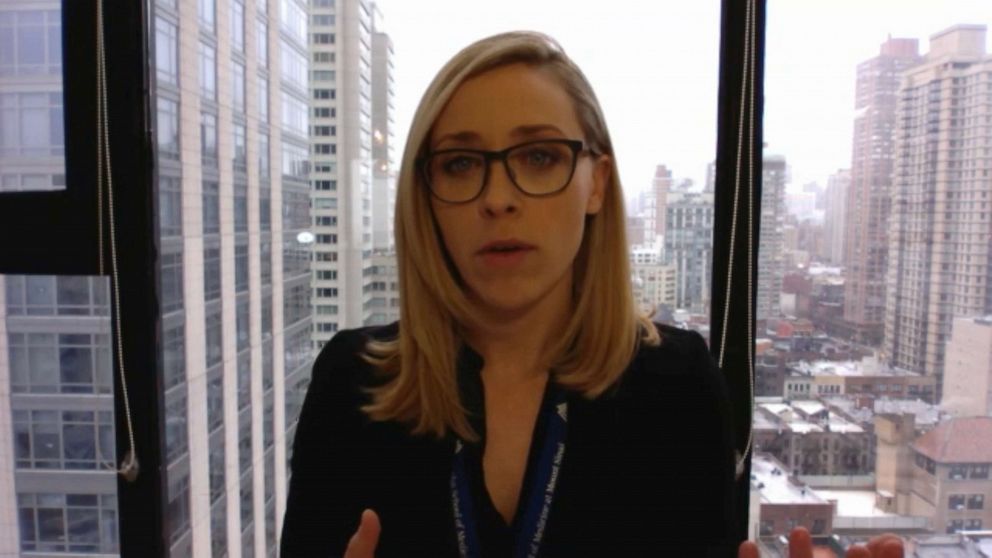
At Mount Sinai, McCarthy said she’s seen patients getting better, even if it is happening “extremely” slowly.
“The problem is the educational component of this, and people trying to understand what it takes for them to get better,” she said. “It’s one [thing] hearing it, two, processing [it], and then committing to actually having to change your lifestyle,” she said.
Making those changes helps, though. Evans, who has been working hard to get back to life before COVID-19, had been planning to marry his fiancée Sarah when he fell ill last year. After his recovery, he married her over the summer. He said his experience with the virus has made being with those he loves that much more special.
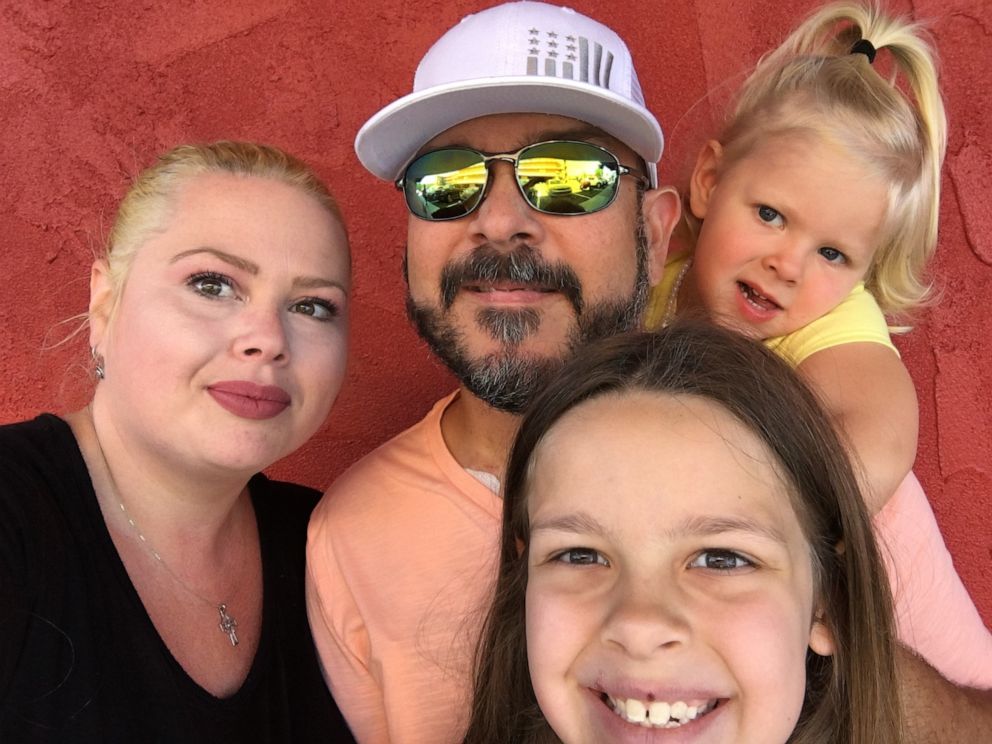
“Every second counts with them. Even with her, she has to put up with me every day,” he said of Sarah Evans. “But it means a lot more of getting to be with the people you love because you’re not promised tomorrow. When something like that does happen to you, you realize what that means to you. … You don’t want them to doubt how much you truly cared for them.”




